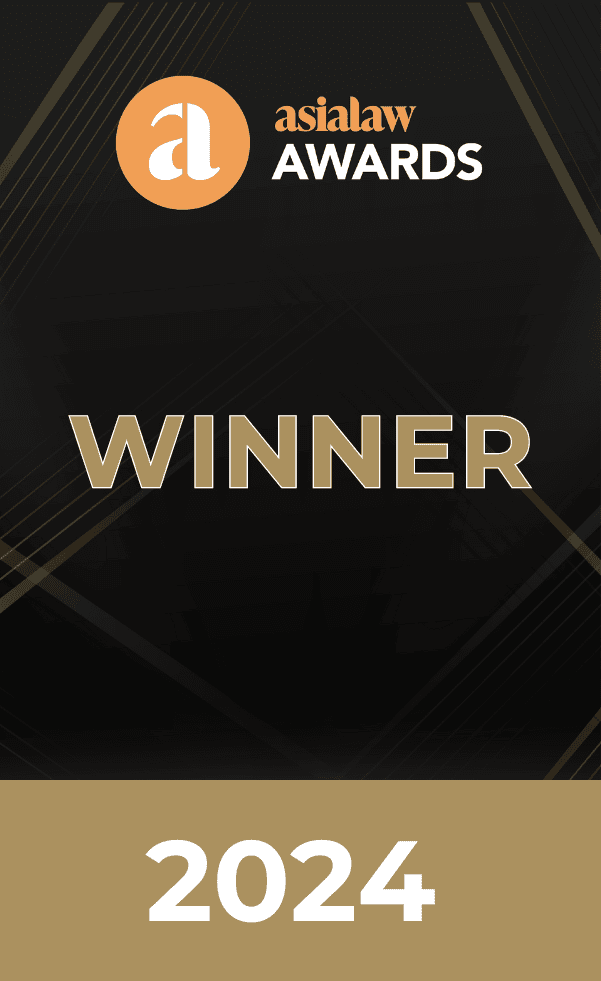遺言を残さなかった場合に遺族に生じる香港法上の問題
27 1月 2021
有効な遺言を残さずにある方が亡くなった場合、故人の遺産の管理と分配は「無遺言死亡法」により規律されることになります。香港では、この法分野に属する重要な成文法として、無遺言遺産条例(第73章)(以下、「IEO」といいます。)および非争訟的プロベート規則(第10A章)(以下、「規則」といいます。)の二つがあります。
被相続人の遺産を処理するためには、遺産管理状の付与(Grant of Letters of Administration)を、遺産承弁署(プロベート裁判所)から受けなければなりません。被相続人の遺産について遺産管理状の付与を申請することができる者は、次の優先順位で、規則第21条に規定されています。
1. 生存する配偶者
2. 子
3. 父母
4. 兄弟姉妹
5. 祖父母
6. 叔父叔母
遺産管理状の付与を受けることができた者は、遺産管理人となり、IEOに従って遺産を処理する権限を与えられます。
遺産管理状の付与を受け、被相続人の葬儀を行った後、遺産管理人は、まず、被相続人の全ての遺産を整理し、その負債および費用の清算をしなければなりません。その後、遺産管理人は、IEO第4条に基づく相続権の例を示した下記の表のように、IEO第4条に従って、遺産を受益者に分配しなければなりません。
遺言がない場合の相続順位
| 生存する親族 | その他の親族の状況 | 相続権の配分 | |
|---|---|---|---|
| 1. | 配偶者 | 被相続人に直系卑属、父母、全血兄弟姉妹、または全血兄弟姉妹の直系卑属なし | 全て生存する配偶者に帰属します。 |
| 2. | 配偶者および被相続人の直系卑属* | その他無関係な親族 | 生存する配偶者が、個人的な動産、500,000香港ドルおよびその余の財産の2分の1を取得します。残りの2分の1は、生存する直系卑属*のために法定信託財産となります。 |
| 3. | 配偶者および次に掲げる1人もしくはそれ以上の親族: 父母、全血兄弟姉妹または全血兄弟姉妹の直系卑属* | 生存する配偶者が、個人的な動産、1,000,000香港ドルおよびその余の財産の2分の1を取得します。残りの2分の1は、生存する父母または、生存する兄弟姉妹のために法定信託財産となります。 | |
| 4. | 被相続人の直系卑属* | 配偶者なし | 全て生存する直系卑属*の法定信託財産となります。 |
| 5. | 父母 | 配偶者なし、被相続人の直系卑属*なし | 全て父母に帰属します。 |
| 6. | 兄弟姉妹 | 配偶者なし、直系卑属*なし、父母なし | 全て兄弟姉妹の法定信託財産となります。 |
| 7. | 異父母の兄弟姉妹 | 配偶者なし、直系卑属*なし、父母なし、兄弟姉妹なし | 全て異父母の兄弟姉妹の法定信託財産となります。 |
| 8. | 祖父母 | 上記いずれもなし | 全て祖父母に帰属します。 |
| 9. | 叔父叔母 | 上記いずれもなし | 全て叔父叔母の法定信託財産となります。 |
| 10. | 異父母の叔父叔母 | 上記いずれもなし | 全て異父母の叔父叔母の法定信託財産となります。 |
| 11. | 上記いずれの親族もいない場合 | 全て香港政府に所有者のない財産として帰属します。 | |
**法定信託についての詳細は、IEOをご参照ください。
に基づいて規定された相続権にかかわらず、遺産の受益者は、全ての受益者の間で遺産分割協議書を締結することにより、被相続人の遺産の再分配を合意できる場合があります。ただし、このような遺産分割協議書による再分配は、印紙税がかかる可能性があることにご注意ください。
このように、遺言を残さずに死亡した者の遺産の分配については、法律により特定の順位が規定され、受益者がその相続権を変更する一定の余地が残されています。他方で、有効な遺言を残しておけば、遺言者の財産は、計画通りに相続されることが保証されることになります。
ご不明点がある場合や、当事務所のプロベート・エステートプランニングについてご興味・ご関心がある場合は、下記のリンクに記載のチームメンバーにご連絡ください。: https://oln-law.com/ja/practice-areas/probate-estate-planning/.
本記事は情報提供のみを目的としています。本記事の内容は、法律上の助言を構成するものではなく、本記事をもって個々の事例における詳細な助言に代替されるとみなされることがないことにご留意ください。
最終更新:2021年1月
Recent News

 Suite 503, 5/F, St. George's Building, 2 Ice House Street, Central, Hong Kong
Suite 503, 5/F, St. George's Building, 2 Ice House Street, Central, Hong Kong +852 2868 0696
+852 2868 0696














